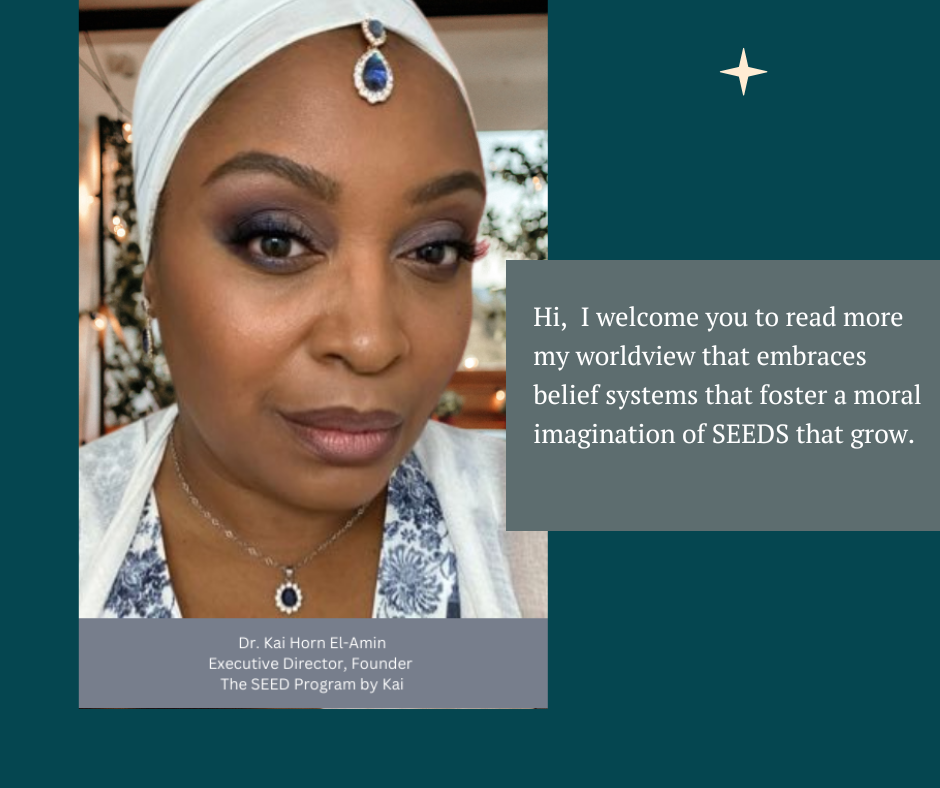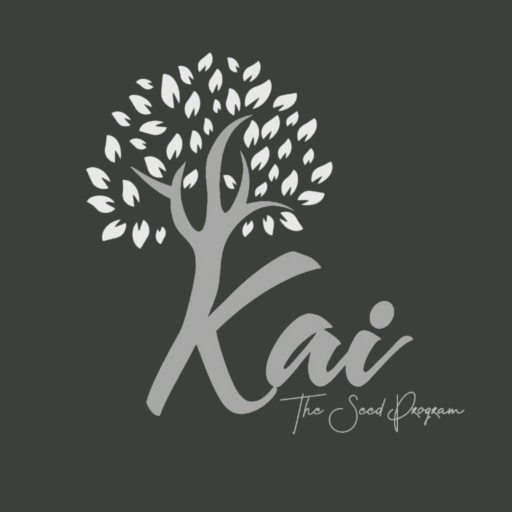
In the year 2000, upon completing the Spring semester at Christian Theological Seminary, I told Professor Ron Sommerville that I was going to Istanbul to sing. At his bequest, having just finished examining Pre-Islamic Arabia and the Rise of the Ottoman Empire, my paid vacation, singing in Turkey and Greece, turned into studying Islam. I was very arrogant with limited knowledge of religion and an exclusivist construct. My approach to this opportunity was as a neophyte at best. I connected with a young Islamic tour guide who would begin to help me develop some foundational knowledge of Islam.
Our first lesson commenced before dawn. While it was still dark, we arrived at the Blue Mosque. She shared the history of the Mosque. Then, the Muezzin, servant of the Mosque, from a place in the Hagia Sophia called the Adhan, the call to prayer, reminding the entire city that “prayer is better than sleep.” The beauty of it made me cry. After explaining the adhan to me, I sarcastically asked, “You are telling me that people will come to pray?” The Ustadah (teacher) motioned for me to turn around. As I look down into the community from the steps of the Blue Mosque, people were gathering, making their way to the mosque for morning prayer. My Christian hegemonic expressions succumbed to experiencing the community’s commitment to God and prayer; and, their love for God in a way that I had not known.
I spent the following months immersed in Islam’s pillars and basic tenants. Islam arrested my spirit in unexpected ways. I felt as if I never knew God. I thought I knew Jesus, only to realize that the only way to know him, is to know the God who he served. I connected with a local Imam who gave me my first Qur’an. In 2010-2012, while pastoring, two very traumatic events changed the course of my life, my daughter was molested; and, she was diagnosed with stage 4 cervical cancer. I found myself fighting to live and yearning to die. “La ilaha ilallah,” gave me the blessed assurance that everything will be alright. While there were those who supported me, the ways in which I had come to know God turned away from me and I no longer felt supported.
I found my peace practicing the pillars of the Islamic faith. I decided to embrace the religion form myself. I would cover, pray five times daily for the next four years, and read the sacred text before dawn. This type of consistent prayer life helped me get through troubled times. Upon reflection, my Christology had always been very Theocentric. I remember asking my Dad, If Jesus points us to God, “Why are we worshipping Jesus?” This question was met with forceful resistance encouraging me to never ask such a question again. My Dads’ response may have squelched my curiosity for a while; but, late in life as I experienced Islam in Turkey and Buddhism in Korea; and, Judaism, while in seminary I asked openly, “Why can’t we just get along?” The Oneness of God had become so important, it seemed only befitting that I would embrace Tawhid. Along with an extensive history in Christianity, my worldview of Gods’ presence and the human response began to take shape. My worldview embraces belief systems that foster a moral imagination of SEEDS that grow.
I am currently Assistant Professor of Religion at Lane College, a Board Certified Chaplain, and a student at Bayan Islamic Graduate School, a scholar, a wife and mother. I am also an Interfaith America fellow, piloting a class entitled, “Faith, Culture, and Formation.” This class is an immersive experience into the largest five faith traditions. God willing, within two years, we intend to write a grant to do a global immersion with our Interdisciplinary Studies Department, Insha’Allah, teaching Islamic Studies, including beginning Arabic, and participate in international education in Istanbul. My soul work centers around redefining multireligious belonging into something that feels more concretized, particularly for those who feel that their best religious expression is hybrid faith; and showing the work that can be done when faiths intertwine for the common good.
Lastly, in today’s Socratic culture, many women openly practice their family traditions while privately celebrating what feeds their souls. It would seem that a Somatic/Aesthetic understanding of Islamic rhetoric and discourse would help us to question whether pluralism is the prophetic, ethical, and moral witness behind the words, “Muslim men and Muslim women, believing men and believing women.” I also see the possibilities of healing from toxic spaces that deny the presence of a pneumatological presence of the Sacred denying authenticity. Tawhid seems to be more liberating, while others challenge Islam as restrictive. All religions have their strengths and their limitations.
After several years of discerning the next steps in vocation and calling, I entered a Doctoral program at the Interdenominational Theological Center. I examined Religious Pluralism as an agent of social justice. The vehicle of engagement is social education. “Faith unexamined and life uncritiqued is of little or no value to the kingdom; therefore, theological education becomes an appropriate vehicle for spiritual discipline.” (T. Hartley Hall). I resolved that social education, theologically developed, is a spiritual discipline that undergirds religious praxis, (prayer, fasting, alms, pilgrimage and daily living). It creates lifelong learning, and makes space for community dialogue, engagement, and transformation in the public square. This paragraph informs my thoughts about the role of religious institutions and communities and the role that I expect to play in your experience. Religious educational institutions create lifelong learners whose foundation is faith-based and interrogates embedded theologies while critiquing societal constructs toward global awareness. My contribution is to help cultivate this space as one of grace in the presence of one who is more sacred than we can imagine. My hope, God willing, is the demise of racial tension, the increase of community partners working together to address social issues. I want a safe space for hybrid families; and the diminishing of racialized religion. My family and I, my husband Talib, and our son Titan, are committed to this cause.
May the peace, the mercy and the grace of God bless us all. Ameen
